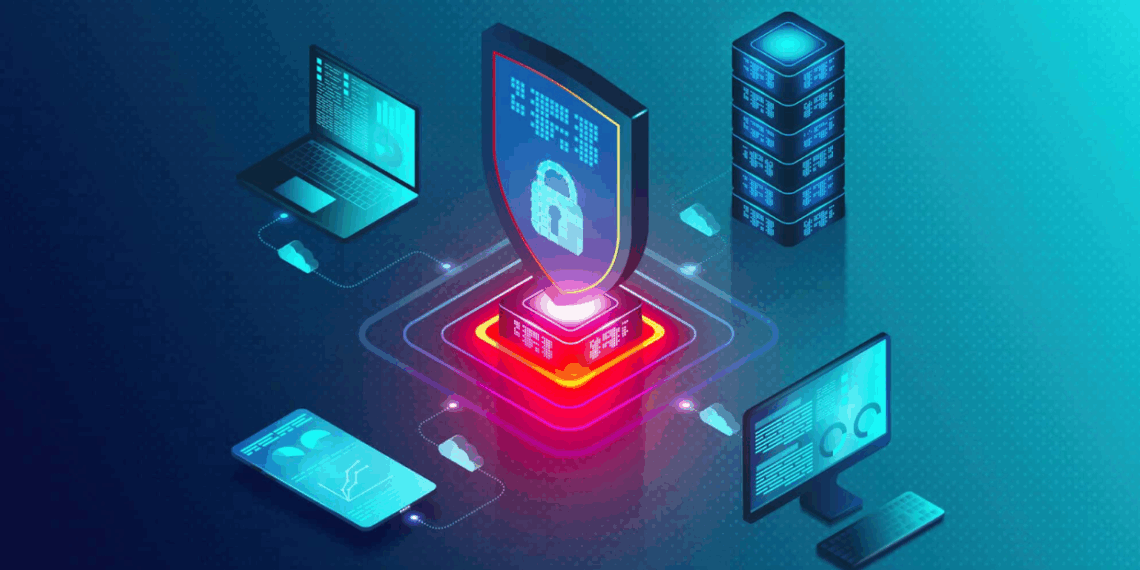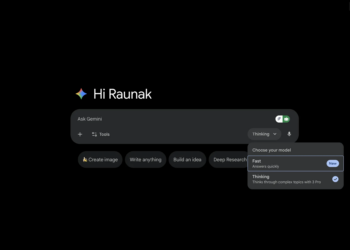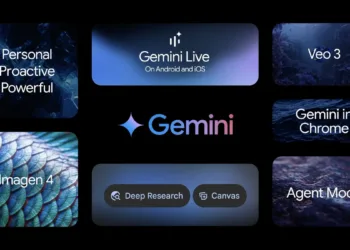In the fast pace of digital life, technology is woven into the fabric of the way people live, work, and communicate. Each online action—sending an email, shopping, or streaming leisure—generates data to be protected. Each action we take with technology opens the conversation about the impact of that action on our lives, and as we become, it also shapes the conversation about how we manage the security of that same technology.
The need for protection through cybersecurity for people, companies, and governments is a given in any discussion regarding privacy, system disruption, and the protection of sensitive assets or information. In games such as Tong-its-Go, on online entertainment platforms such as GameZone, cybersecurity takes an essential role as cyber frameworks are built to ensure equitable gaming, protect user data, and provide all players playing around the world a safe online space. The area of cybersecurity has become one of the most important fields of discussion in the global digital landscape today. Cybersecurity has become more than a technical necessity in today’s world; it has become an underpinning of trust in every online transactional event.
Table of Contents
Understanding Cybersecurity in the Modern Context
Cybersecurity can be described simply as the act of protecting networks, devices, and data from unauthorized access or criminal use. Cybersecurity is applied to many different layers of protection, from your devices to the cloud, across computers, servers, mobile devices, and cloud networks. These layers effectively work together to detect, prevent, and respond to potential threats.
The digital world we work in is full of opportunities, but also has an ever-growing list of risks. Hackers, identity thieves, and ransomware groups continuously evolve their tactics and approaches to take advantage of a system’s weaknesses. Small businesses and global corporations are all targeted, with the goal of stealing information or causing disruption being the same threat levied against clients of all types.
As cyber threats are growing in sophistication, organizations are striving for a defense strategy that is just as sophisticated. Today, organizations are increasingly investing more in artificial intelligence (AI), machine learning, and automation tools to identify unusual activity before damage is done.
The Impact of Cyber Threats on Businesses and Individuals
Cyberattacks can devastate, particularly businesses reliant on digital processes. Data breaches can cost companies customers, cause regulatory fines, and lead to lawsuits. For small businesses, one attack can result in closure due to the financial burden.
Cybersecurity threats can manifest at the individual level as phishing emails, fake websites, and downloads from untrustworthy links. A single click on a malicious link can expose personal data, banking information or private photos. These attacks demonstrate a human function—being the weakest link in the security chain.
This is why raising awareness about cybersecurity is as important as the technology itself. People need to be educated regarding online safety, password safety, and identifying suspicious behavior. By investing in training for employees, companies are able to significantly reduce their risk of a data breach due to human error.
Cybersecurity and the Shift to Remote Work
The increase in remote and hybrid work arrangements is changing the cybersecurity environment. Employees now use their home network and personal devices to access company information, adding new points of vulnerability.
Organizations have become more proactive in introducing authentication technologies, such as two-factor authentication (2FA) and virtual private networks (VPNs). These tools not only manage security by encrypting data and protecting sensitive systems’ access to authorized users, but cloud security has also become a primary focus, with organizations now storing sensitive information in the cloud.
As teams generally focus on cybersecurity, their role in corporate strategy has also gained attention. Cybersecurity professionals work closely with IT departments to form flexible yet secure frameworks that enable productivity and safety.
Read more: Stranger Things Season 5 Release Date Accidentally Leaked by Netflix! Check Details








